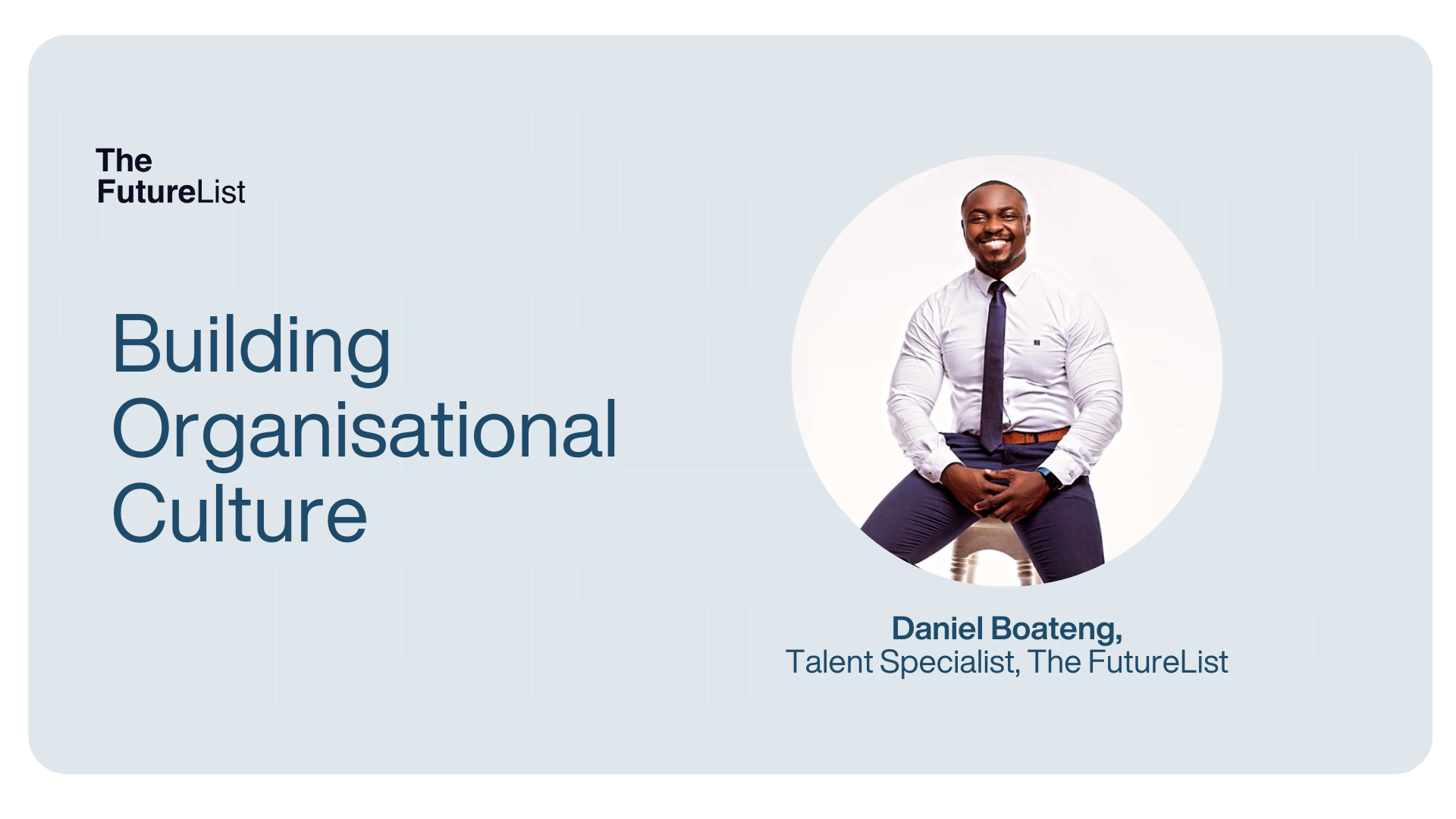
Building Organisational Culture: Essential Components and Effective Strategies
Introduction
In business, organisational culture is not merely a buzzword; it’s a driving force behind a company’s success. A strong organisational culture is a cohesive blend of shared values, beliefs, and practices that shape the behaviour and mindset of its members. It’s a compass that guides decision-making, fosters collaboration, and fuels innovation. An effective organisational culture is intentionally crafted and skillfully communicated till each team member of the organisation embodies the values and subtle idiosyncrasies that differentiates the business from other competitors.
This article delves into the elements and strategies for building a robust organisational culture that not only defines a company but propels it toward its goals.
Defining Core Values
At the heart of a strong organisational culture are core values that serve as the foundation upon which the company is built. It allows incoming team members to derive meaning through the work they do. These values are not mere words on a poster but guiding principles that inform every decision and action within the organisation. Articulating these values clearly and consistently is the first step in establishing a culture that resonates with employees.
Effective Communication and Transparency
Open and transparent communication is a cornerstone of a strong culture. When employees are informed, engaged, and feel that their voices are heard, they are more likely to align with the organisation’s mission and values. Transparency fosters trust and empowers employees to take ownership of their roles.
Empowerment and Trust
A strong culture thrives on trust and empowerment. When employees are entrusted with responsibilities and given the autonomy to make decisions within their domains, it not only improves their job satisfaction but also unleashes their creative potential. Empowered employees are more likely to innovate and contribute positively to the company’s growth.
Employee Development and Growth
Investing in employee development and growth opportunities is another key element of a robust culture. When employees feel that their professional and personal growth is a priority for the organisation, they are more likely to be engaged and loyal. Providing training, mentorship, and advancement opportunities not only benefits the employees but also enhances the organisation’s capabilities. A culture that is talent centered ensures that employee retention rates and productivity are at the optimal level. In a survey conducted recently, out of 2,202 respondents, 62% cited a toxic company culture as the main reason for considering leaving their jobs, surpassing low salary (59%), poor management (56%), and work-life balance issues (49%). This highlights the crucial role of a positive culture in retaining employees.
Recognition and Appreciation
Recognising and appreciating employees for their contributions is vital for building a positive culture. Celebrating achievements, whether big or small, and showing gratitude for hard work fosters a sense of belonging and encourages continued dedication. It’s an essential part of creating a culture where employees feel valued.
Inclusivity and Diversity
A strong culture is inclusive and embraces diversity. It values different perspectives and backgrounds, fostering an environment where all employees can thrive. Encouraging diversity not only enriches the workplace but also drives innovation and creativity.
Continuous Improvement
A culture of continuous improvement is one that constantly evolves and adapts. It encourages employees to seek better ways of doing things, learn from mistakes, and embrace change. This culture of adaptability is essential for staying competitive within the world of business.
Conclusion
A robust organisational culture is not something that develops overnight; it’s a deliberate and ongoing process. It requires defining core values, open communication, empowerment, investment in employee growth, recognition, inclusivity, and a commitment to continuous improvement. Building such a culture takes effort and commitment, but the rewards are profound. An organisation with a strong culture not only attracts top talent but also retains and empowers its employees, driving innovation and success. In the end, it’s not just about defining a culture; it’s about living it every day.
At The FutureList, we understand the importance of building a strong tech team that aligns with your specific goals and requirements. Our dedicated team of experts and talent partners are here to provide personalised advisory sessions to assist you in assembling a top-notch tech team through navigating the complexities of talent acquisition and creating a dynamic team that drives your organisation’s success. Don’t hesitate to reach out to schedule an advisory call here.
Get innovation insights from The FutureList weekly. Subscribe to our newsletter here.
Categories
- Agritech
- Artificial Intelligence
- Biotech
- Blockchain
- Climate Tech
- Data Infrastructure
- Edtech
- Events
- Fashion
- Fintech
- Healthtech
- Infrastructure
- Innovation Memos
- Innovation Scout Program
- Insight
- Insurtech
- Machine Learning
- Martech
- Mobility
- Music and Media
- Partner Offers
- Perks
- Procurement
- Proptech
- Retailtech
- Ridehailing
- Ridesharing
- Robotics
- Space Aviation
- Supply Chain
- Talent
- Telecoms
- Uncategorized
- Venture Capital
- Wastetech
- Women In Tech
Recent Posts
- How AI Surveillance is Shaping Public Safety in Smart Cities
- Innovation Memo with Zencey: Bringing Equitable Healthcare to Africa
- Inside the Software Model Running Modern Harbours
- The Formula for Future Speed: Data-Driven Performance in Racing
- Leveraging Next-Gen Endoscopic Interventions and Innovations for Healthcare